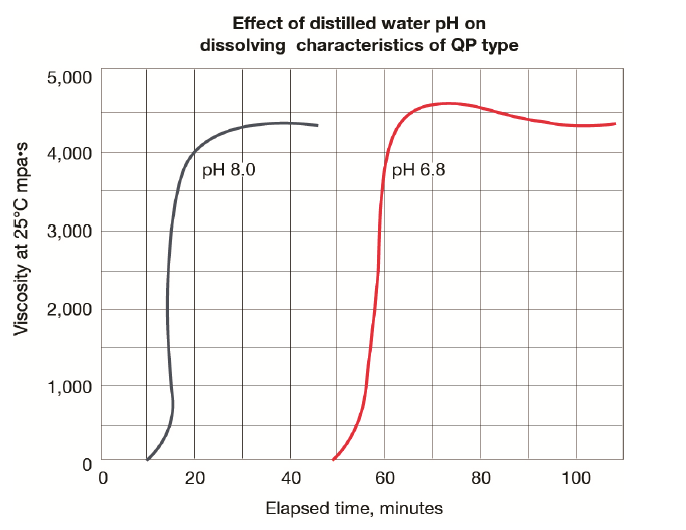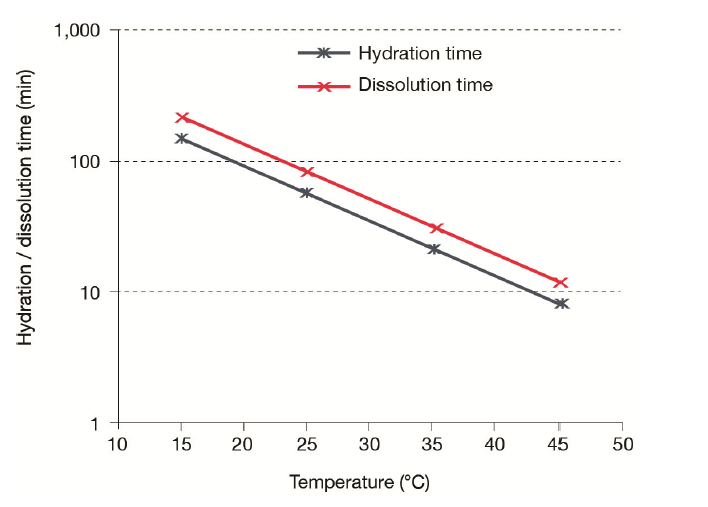Knowde Enhanced TDS
Identification & Functionality
- INCI Name
- Cosmetic Ingredients Functions
- CAS No.
- 9004-62-0
- Technologies
- Product Families
Features & Benefits
- Benefit Claims
- Labeling Claims
- Key Attributes
- Non-GMO wood PECF certified
- Easy to handle powder form
- Highly efficient thickener
- Can be used in personal care formulations within a range of pH 3 to 10
- Does not meet the definition of a nanomaterial as listed in Article 2(k) of the EU Cosmetic Regulation
- To the best of our knowledge this product does not contain ingredients of animal origin.
- To the best of our knowledge this product complies with California Prop 65.
- Product Benefits
- Bio-derived from cellulose a renewable, natural material
- Inherent, primary biodegradability
- 60% bio-derived carbon weight
- Highly efficient thickening for delightful textures
- High degree of solution clarity
- Improved emulsion stability
- Non-irritating to skin and eyes
- Formulating Benefits
- Easy to use, nonionic, water-dispersible powder
- Broad viscosity ranges available
- Compatible with a wide range of surfactants
- Excellent salt/electrolytes tolerance
- Broad compatibility over a wide pH range (3 to 10)
- High product quality (low impurities)
- Consistent, reproducible end products
Applications & Uses
- Markets
- Bath & Shower Applications
- Hair Care Applications
- Skin Care Applications
- Recommended Applications
Areas of potential use for CELLOSIZE™ Hydroxyethyl Cellulose QP-300 Europe, PCG Thickener encompass a wide range of cosmetic and toiletry applications such as:
- Hair care
- Skin care
- Color cosmetics
- Formulating Tips
Agitation of solutions at a pH 7.0 or lower is recommended to make initial dispersion of CELLOSIZE™ Hydroxyethyl Cellulose QP-300 Europe, PCG Thickener in water. After the CELLOSIZE™ Hydroxyethyl Cellulose QP-300 Europe, PCG Thickener is well dispersed, subsequent pH increase and temperature increase can be used to speed up hydration and dissolution if required. Once hydrated CELLOSIZE™ Hydroxyethyl Cellulose QP-300 Europe, PCG Thickener can be used in personal care formulations that can have a pH within the range pH 3 - 10.
Graph 1: pH effect on CELLOSIZE™ HEC Thickener hydration time

Graph 2: Temperature effect on CELLOSIZE™ HEC Thickener hydration / dissolution time

Properties
- Physical Form
- Appearance
- White to off-white powder
- Soluble in
- Water
- Compatible with
- Inorganics Salts, Gums
- Typical Properties
- Compatibility
The nonionic structure of CELLOSIZE™ Hydroxyethyl Cellulose QP-300 Europe, PCG Thickener offers good compatibility with surfactants and other formulation ingredients like inorganics salts, gums, resins.
| Value | Units | Test Method / Conditions | |
| Bio-based Carbon Weight | 60 | % | — |
| Bulk Density | 0.3 - 0.6 | g/cm³ | — |
| Hydration Time | 5 - 15 | min | 1B-44C-0.55 |
| Particle Size (Through 20 mesh, max. 841 micron) | min. 98 | % | 1B-44C-0.6 |
| pH (at 25°C, 2% Water) | 5.5 - 7 | — | 1B-44C-0.4 |
| Refractive Index (at 20°C) | 1.336 | — | — |
| Volatiles Content | max. 6 | wt% | DOWM 102668 |
| Water Insolubles | max. 0.2 | wt% | 1B-44C-0.2 |
| Brookfield Viscosity (LV#2, 60 rpm, 25°C at 2%) | 300 - 400 | mPa.s | 102670 |
Regulatory & Compliance
- Certifications & Compliance
Storage & Handling
- Usable Life and Storage
CELLOSIZE™ Hydroxyethyl Cellulose QP-300 Europe, PCGThickener is a water-soluble solid that is normally supplied as a powder in multi-ply papers bags. Moisture and heat can cause CELLOSIZE™ Hydroxyethyl Cellulose QP-300 Europe, PCG Thickener to form lumps, so bags should be stored in a dry location at a temperature less than 40°C.
Good housekeeping should be used when handling CELLOSIZE™ HEC QP-15000H Europe PCG Thickener to reduce the risk of slipping hazards. If CELLOSIZE™ Hydroxyethyl Cellulose QP-300 Europe, PCG Thickener is spilled, as much as possible should be swept before it becomes wet. Washing with water, solvents, or most cleaning products will probably not be effective and may increase the slipping hazard. High pressure water blasting can be used to remove buildup of material.
- Disposal Considerations
Dispose in accordance with all local, state (provincial) and federal regulations. Empty containers may contain hazardous residues. This material and its container must be disposed in a safe and legal manner.

